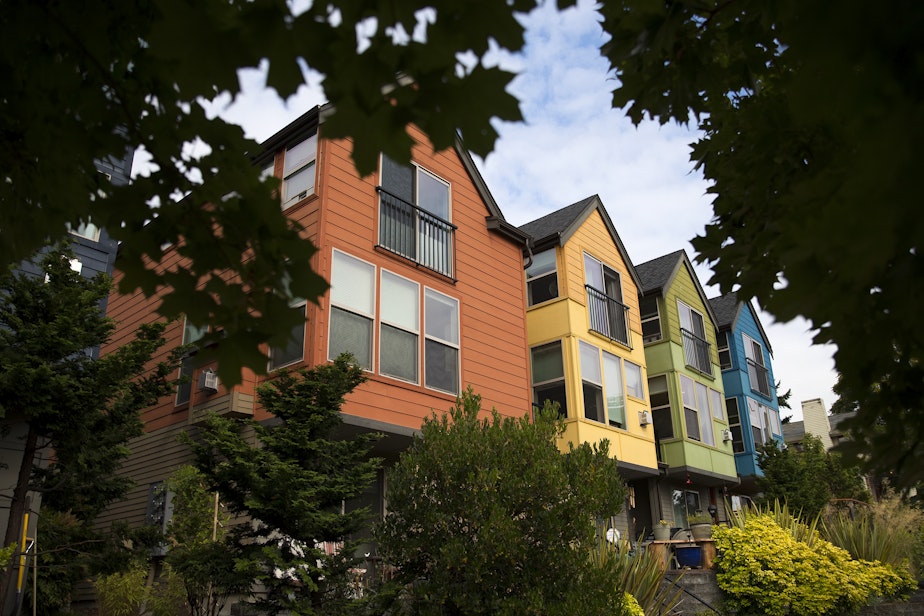Lawmaker wants to end Washington's ban on rent control

Washington cities are prohibited from regulating rent prices, but one lawmaker wants to change that. Democratic state Representative Nicole Macri says she'll propose a bill in 2018 to end the rent control ban.
Macri, a resident of Seattle’s Capitol Hill neighborhood, says it's time for lawmakers to take dramatic action and give local communities more control over rental housing. She lives near an elementary school where many students don't have permanent housing.
"I am wondering how we are making the best use of the multi-billion dollar investment that we've made in public schools, when many of our families don't even have a place to live," Marci says.
She says it's nearly impossible for cities to stabilize rents, which is why she wants to undo the statewide ban on rent control. She says she does expect to face opposition on her proposal, both from lobbyists and from other senators.
One critic is James Young, research director of the Runstad Center for Real Estate Studies at the University of Washington.
Sponsored
"Rent control is one of those things that promises a lot and actually delivers almost none of it," he says.
Young says if landlords start bringing in less rental revenue, they may stop maintaining their properties. He says that's what happened in Brooklyn, New York, in the 1980s. Young says in some cases rent control discourages developers from opening new units.
"Because if they can't capitalize an investment return, then they're not going to develop here," Young says. "If they can get that return somewhere else, in the suburbs or somewhere outside of Seattle, they're going to do it."
Macri says she has those concerns, too, but that there are rent control models that cities can impose to increase housing options and lower costs. Macri says with many communities facing affordable housing shortages, now is the time to revoke the rent control ban.
"State employees tell me that all the wage gains that they have made in recent times have all been lost to the rental market," she says. "This is not a crisis that is only hitting low-income families, but when our state employees cannot live close to where we work it's time for us to take much more urgent action than we have."
Sponsored
The 2018 Washington state legislative session begins January 8
th
.

